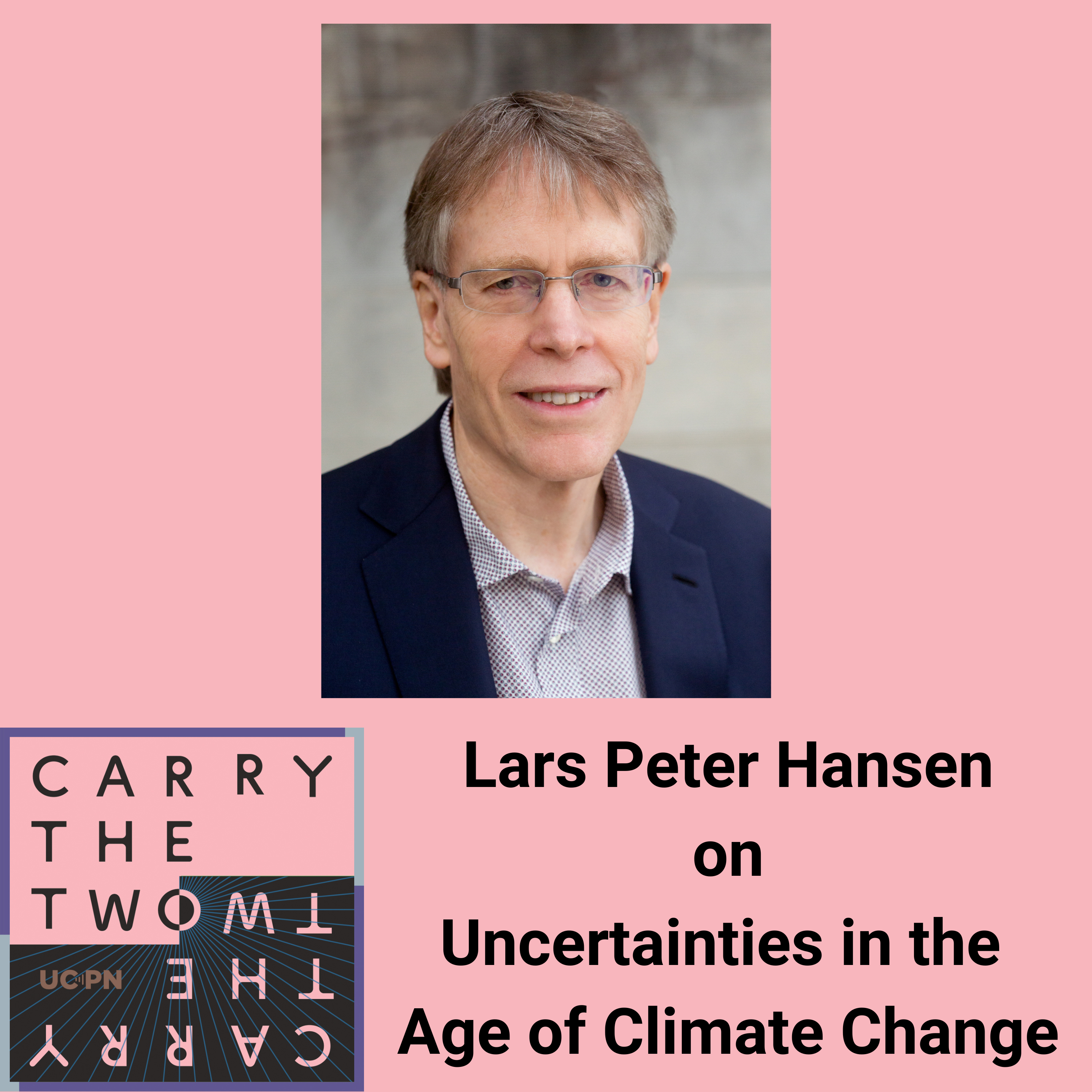Today we speak with a non-mathematician who uses mathematical tools to understand our planet’s past climates and what they might be able to tell us about our future. Matt Huber, from Purdue University, tells us how the paleoclimate had sudden, rapid shifts in the climate that our current climate models aren’t good at predicting. So, if we’re on the precipice of another rapid shift, we might need to start employing different models.
And don’t forget to listen to Matt’s work through a geophysical lens, over at Third Pod from the Sun!
Check out the AGU’s Third Pod from the Sun with Matt: LINK
Find our transcript here: LINK
Curious to learn more? Check out these additional links:
Hear Matt’s talk for IMSI’s Confronting Global Climate Change: https://www.imsi.institute/videos/the-dynamics-and-impacts-of-moist-heat-stress/
Younger Dryas event in Day After Tomorrow: https://www.bostonglobe.com/2020/02/25/metro/researchers-say-ancient-day-after-tomorrow-scenario-could-have-been-caused-by-melting-icebergs/
What is paleoclimatology: https://education.nationalgeographic.org/resource/paleoclimatology-RL/
Follow more of IMSI’s work: www.IMSI.institute, (twitter) @IMSI_institute, (mastodon) https://sciencemastodon.com/@IMSI, (instagram) IMSI.institute
Follow Matt Huber: https://www.eaps.purdue.edu/people/profile/huberm.html
This episode was audio engineered by Tyler Damme. Special thanks to Third Pod’s producer Jessica Buser.
Music by Blue Dot Sessions.
The Institute for Mathematical and Statistical Innovation (IMSI) is funded by NSF grant DMS-1929348.

Welcome to Carry the Two, the podcast about how math and statistics impact the world around us from the Institute for Mathematical and Statistical...

Welcome to Carry the Two, the podcast about how math and statistics impact the world around us from the Institute for Mathematical and Statistical...

We’re still celebrating Mathematical and Statistical Awareness Month here at Carry the Two. This time, we’re taking a look at how anyone can get...